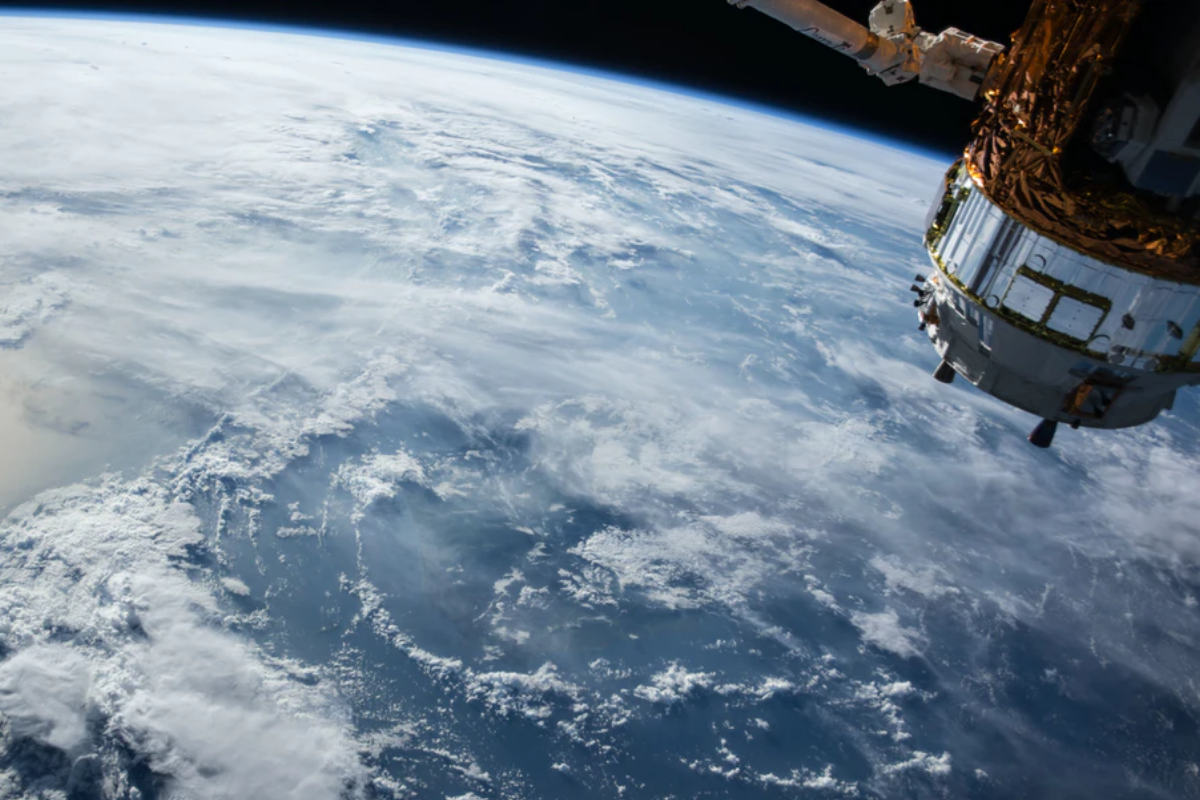The space-age for the world started as a game of egos between the two most powerful nations of the time – USA and USSR. On December 4, 1957, when Russia sent its first satellite, Sputnik into space, the future of science and technology changed forever. Since then, over 10,000 space missions by 37 countries have increased our knowledge of the universe outside.
Although when we talk about space exploration, we often count the number of countries and not independent organisations. But now, this has changed. Private companies like SpaceX, Blue Origin, and Virgin Galactic have further explored space age by focusing on ways to colonise the universe.

The idea of living on another planet seemed like a dream that is now reaching a reality. Talking and learning about space is always fascinating. And people at private companies are working very hard to make the conversations even more exciting. These attempts of private companies present the world with an interesting question. Suppose space is a clean slate, full of opportunity and can let a species “reset” their mistakes. Is the private sector and capitalism the best driving force to take us there?
But all the mumbo-jumbo aside, the bigger question is, how does the privatisation of space matter to you and me?
Compromised Privacy

Satellites overview all that we do in our lives. They know where we live, where we travel, who we talk to and what we talk about. Tech companies have already been accused many times of sending data to the dark web. Thus, the idea of private companies accessing satellites does create a sense of scare for privacy. As a result of this technology, we would have no control over what part of our lives may become public. How in an increasingly monitored world, where our lives are already played out in front of cameras without our knowledge and consent, can we justify the private sector’s argument?
Chances of Another Space Race

Not since the 1960s, the world has witnessed such appetite for space missions. However, it is not just the US and Russia that are dominating this year’s space agenda. India, Japan and China are all planning complex programmes and are vying to become space powers in their own rights. Their plans for 2020 include missions to the moon, Mars and the asteroids. Private firms play an increasingly important role in reducing the cost of space travel, and this year the first astronauts are likely to fly onboard commercial spacecraft. SpaceX is not the only private company building spaceships for Nasa’s commercial crew programme. Boeing also has plans to fly astronauts to the space station in its Starliner spaceship.
Space Pollution

In almost 63 years of space-age of Earth, we have sent thousands of missions into this ‘no man’s land’. Countries and organisations have received unmounted acclaim for the same, but there have also been repercussions. One problem that emerged because of space-age is- space junk or space debris. It is the waste accumulated in space due to spares of satellites, paints chips and human waste. Such material might not possess a threat in the current time, but with the increase in spaces missions because of private companies, this junk will soon be affecting us. As the number of satellites increase, the more chances of collision increase which can hurt astronauts. The last satellite to collide and be destroyed by space junk was in 2009.
Monopolised Colonies

Imagine if a colony on the Moon or Mars was to be run by a corporation. One company would control everything the colonists need to survive, from the water to oxygen to food. That’s a dangerous amount of power for any company, but it’s a real scenario. However, according to the Outer Space Treaty, signed in 1967 by all the major space-faring nations, nobody can go to another planet or the moon and claim that territory for themselves. But the document is flawed as it does not include or talk about a private corporation and how can they run a monopoly.





